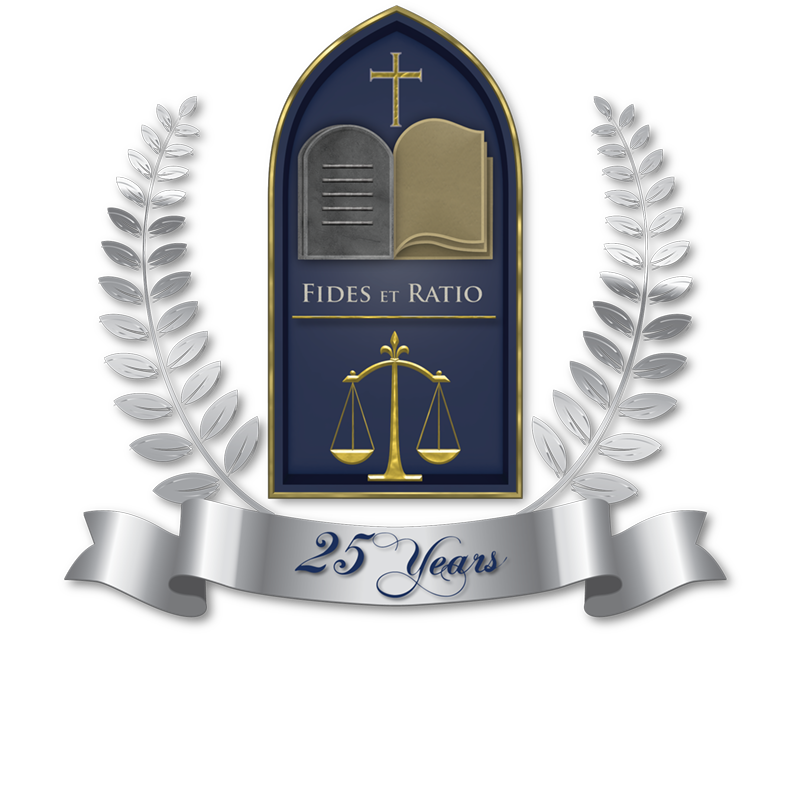Transforming the Tax Landscape:
Revolutionizing Operations for Taxpayers, the IRS, and Tax Attorneys

By Martha Fajardo-Arellano,
The Gavel, Contributor
J.D. Candidate, Class of 2025
The integration of artificial intelligence (AI) in the tax field has revolutionized the way taxpayers, the Internal Revenue Service (IRS), and tax attorneys operate by opening the doors to different ways to make sure the taxpayers understand how to file their taxes to their advantage and at the same time help the IRS.
Tax law is difficult to explain to someone with minimal legal experience, but many of the tax software programs simplify the tax law for taxpayers to understand. Tax software programs, such as TurboTax, have implemented AI-powered assistants to make the tax preparation process more efficient and user-friendly.1 Additionally, it has become a personalized experience for taxpayers by simply uploading their documents and letting the program do the rest to maximize their refund or lower what they will owe to the IRS that year.2
The IRS has also implemented an AI powered assistant, better known as the Interactive Tax Assistant (ITA), to improve accuracy for taxpayers by determining whether they have to file a tax return, claim a dependent, whether their income is taxable, and to establish whether they are eligible to claim a credit or deduct expenses.3 However, these AI assistants, often called legal calculators, can sometimes lead taxpayers to the wrong conclusion, affecting their tax returns by either having to pay penalties or not getting a certain deduction or claim.4 For example, TurboTax’s interactive assistant leads some taxpayers to purchase the software’s products to be able to file their tax returns when in reality, the tax returns could have been filed for free under the IRS Free File Program.5 These problems are more common with the coming age of AI in tax preparation, but the IRS has stated the only reduction in tax penalties or additions to taxes occur when “erroneous advice furnished to the taxpayer in writing by an officer or employee of the IRS, acting in such officer’s or employee’s official capacity.”6 ITA is a tool, not an officer, and the information that is provided is discarded once the taxpayer exits the website.7 Therefore, even with this helpful tool, the taxpayer should still be careful about following the guidance of this AI-tool because the consequences of following the guidance will not be avoided or reduced.8
Alongside guiding the taxpayers, the IRS has also used these AI-powered tools to their own advantage. The Return Review Program (RRP) began in 2009 and was used in the 2017 filing season to help the IRS detect identity theft and other discrepancies for further review.9 Due to new AI-powered tool advancements being so new, IRS managers still had to meet once a week during the 2017 filing season to evaluate and determine how the RRP was targeting the returns and whether any adjustments had to be made.10 However, even programs like these have their disadvantages. Tax law is always changing and if such programs rely on historical data for selection, compliant taxpayers could face consequences.11 The reason for this is because the Internal Revenue Code was different or perhaps, because in the past similar compliant taxpayers simply did not respond so it would go to the IRS’s favor.12 The IRS could benefit from these AI-powered tools; however, it is important to be transparent to the taxpayers on the “why” and how a certain outcome on their tax returns transpired – but not too transparent. Mindy Herzfeld, a tax professor at the University of Florida Levin College of Law, has raised the point that if the IRS was completely transparent with taxpayers, then those who desire to take advantage of the system would find a way to accomplish it.13 Further, she states that having some guidelines and rules set in place will be important for the IRS to be sufficiently transparent enough for the taxpayers to understand how the IRS makes decisions on who is audited and to avoid taxpayers manipulating the system.14 In my opinion, many would agree with this.
AI has also made its way into tax law offices. Many, if not all, tax attorneys have used some form of AI-powered tools for conducting research, reviewing complex documents, or something as simple as spell check.15 Legal research programs such as LexisNexis have incorporated an AI search experience which help attorneys not only conduct research on certain issues, but also drafting tools and exploring into litigation analytics.16 Utilizing these tools can help attorneys be more efficient and dedicate more time to advising clients and decision-making in gray areas.17 However, generative AI is a more sophisticated form of AI that has become increasingly popular, better known as ChatGPT where one can ask a question and ChatGPT will generate a human-like response.18 Earlier this year, ChatGPT gave fake legal citations that were used in a brief and as a result, the attorney was sanctioned for not verifying the citations.19 This is called “hallucination” in which ChatGPT does not know the answer but will give an answer – causing any legal researcher to retrieve fake citations to fake cases, resulting in harming not only the attorneys but also client cases.20 The tax code, being highly complex, is ever-changing. Many attorneys who have tested ChatGPT for tax related questions have noticed that the answers given are fabricated from various internet sources – some outdated and some without any supportive analysis.
21These downsides should caution attorneys, legal researchers, and law students from depending entirely on these more sophisticated AI tools, and encourage to double check information they have received to assure that it is supported by reliable sources.
Overall, AI-powered tools in the tax field have been used by everyone involved – the taxpayers, the IRS, and tax attorneys. As this new set of technology evolves, many questions are still left unanswered – how will the use of this technology be regulated? Will the most up to date technology be available to certain types of taxpayers and tax firms or everyone?
References:
1 Intuit Turbo Tax Transforms Tax Preparation with the Launch of Gen-AI Powered Inuit Assist, Intuit TurboTax Blog (September 6, 2023), https://blog.turbotax.intuit.com/breaking-news/tax-preparation-powered-by-gen-ai-59318/.
2 Id.
3 Interactive Tax Assistant (March 3, 2023), https://www.irs.gov/help/ita.
4 Joshua Blank, Legal Calculators and the Tax System, 16 Ohio St. Tech L.J. 73 (2020), https://deliverypdf.ssrn.com/delivery.php?
ID=710087064097089097072115014065091122015017095012001064108080022002087015024121089093101099062003019016045100091119109103004030007087059020059078073
5 TurboTax Free Filing v. Intuit Inc., No. JCCP 5067, 2021 LEXIS 153406 (Cal. Super. Ct. August 6, 2021).
6 I.R.C. § 6404(f)
7 Interactive Tax Assistant (March 3, 2023), https://www.irs.gov/help/ita.
8 Id.
9 Janet Holtzblatt and Alex Engler, Machine Learning and Tax Enforcement, Tax Policy Center – Urban Institute & Brookings Institution (June 22, 2022), https://www.urban.org/sites/default/files/2022-06/Machine%20Learning%20and%20Tax%20Enforcement.pdf.
10 Id.
11 Id.
12 Id.
13 Tax Analysts, AI in Tax: Possibilities and Challenges, (June 6, 2023) https://events.taxanalysts.org/06062023/?__hstc=240201116.
14 Id.
15 Joyce Beebe, AI and Taxes – A Work in Progress: Part 1, Rice University’s Baker Institute for Public Policy (August 23, 2023), https://www.bakerinstitute.org/research/ai-and-taxes-work-progress-part-1.
16 Experience a New Era in AI Legal Research Tools,
17 Joyce Beebe, AI and Taxes – A Work in Progress: Part 1, Rice University’s Baker Institute for Public Policy (August 23, 2023), https://www.bakerinstitute.org/research/ai-and-taxes-work-progress-part-1.
18 Id.
19 Id.
20 Id.
21 Id.




